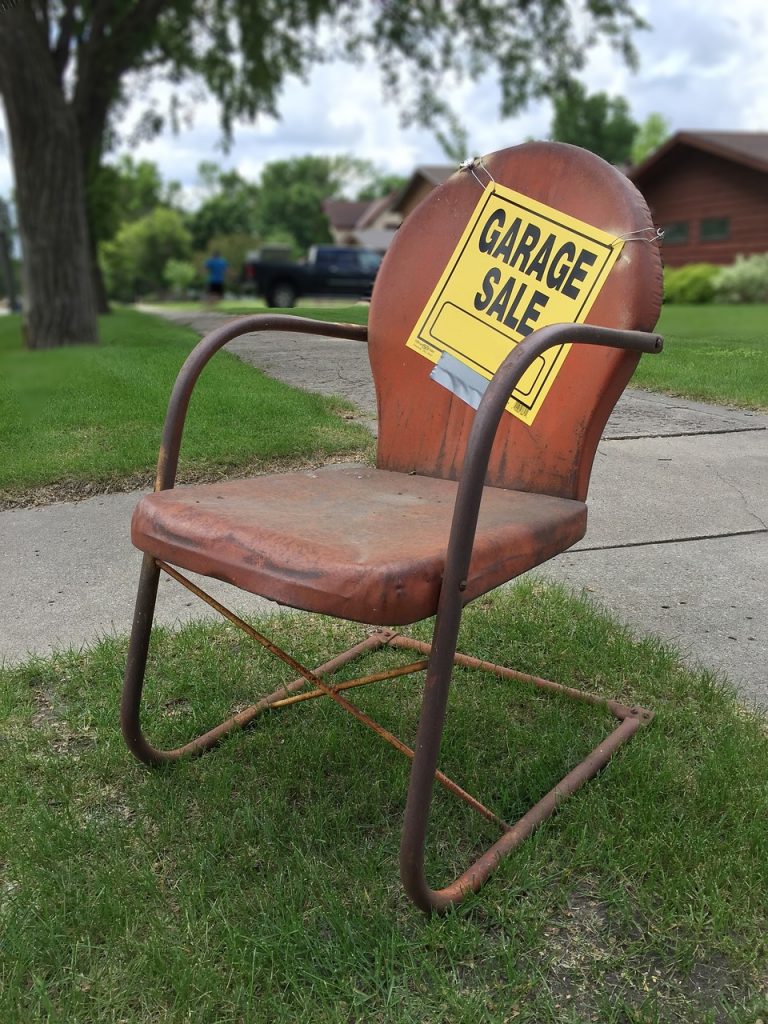Domestic bliss looks a lot different today than it did even ten and twenty years ago. It’s no secret it’s been the norm for many couples to live together before they were married but now there are more couples who have no intentions of ever saying “I do”. While society is changing, laws are slow to catch up and that can leave many non-married people in a precarious position when it comes to their homes. If you’re thinking of buying a home with a significant other we have some things you should consider before you go house hunting.

Balance the Budget
Like any other perspective home buyer, we recommend you and your significant other analyze your financial situations and draft a budget. This should include how much each party will put towards the down payment, the mortgage payment, utilities, and home maintenance. You should also consider how much of a mortgage to take out. Should one of you get hurt or lose a job, will one person’s salary be enough to cover monthly payments, utilities, and basic necessities? These considerations will be helpful to your Realtor as well.
Ownership
Unlike a married couple, unmarried couples need to consider how they will title the home. There are three options:
- Sole ownership: this is not recommended for a domestic partnership as it vest all of the ownership and equity into just one person’s name. If qualifying for financing is a concern for one party, we recommend speaking with an attorney and your mortgage representative to come up with a resolution to protect both parties;
- Tenants in common: this form of ownership allows each party to hold an equal interest in the property (unless otherwise agreed upon and stated on the deed); each party has the ability to sell or lease their interest in the property without approval from the remaining party; it also means should one owner pass away their interest would be divested to their legal heirs not the remaining homeowner;
- Joint tenants with the right of survivorship: holding title in this manner is most often used for couples who want the benefits of survivorship, meaning should one owner die by law their shares and interests in the property would be divested to the surviving owner.
Protect Yourselves
While Florida laws has specific statutes in place for divesting property during a divorce, domestic partnerships (different from civil unions) do not have the same precedence. With that in mind, we recommend partners with the help of an attorney, draft a cohabitation agreement and a property agreement. A cohabitation agreement will state each person’s obligations when it comes to the home. Some couples go so far as to list out not only financial obligations but also tasks necessary to keep the home in good order. A cohabitation agreement may also cover plans for who would move out should a breakup occur and a timeline for said plan. A property agreement will spell out what each person brings to the property and how the property and items within it will be divested should the relationship come to an end.
In the end, with these tips we hope you and your partner will find home sweet home.








